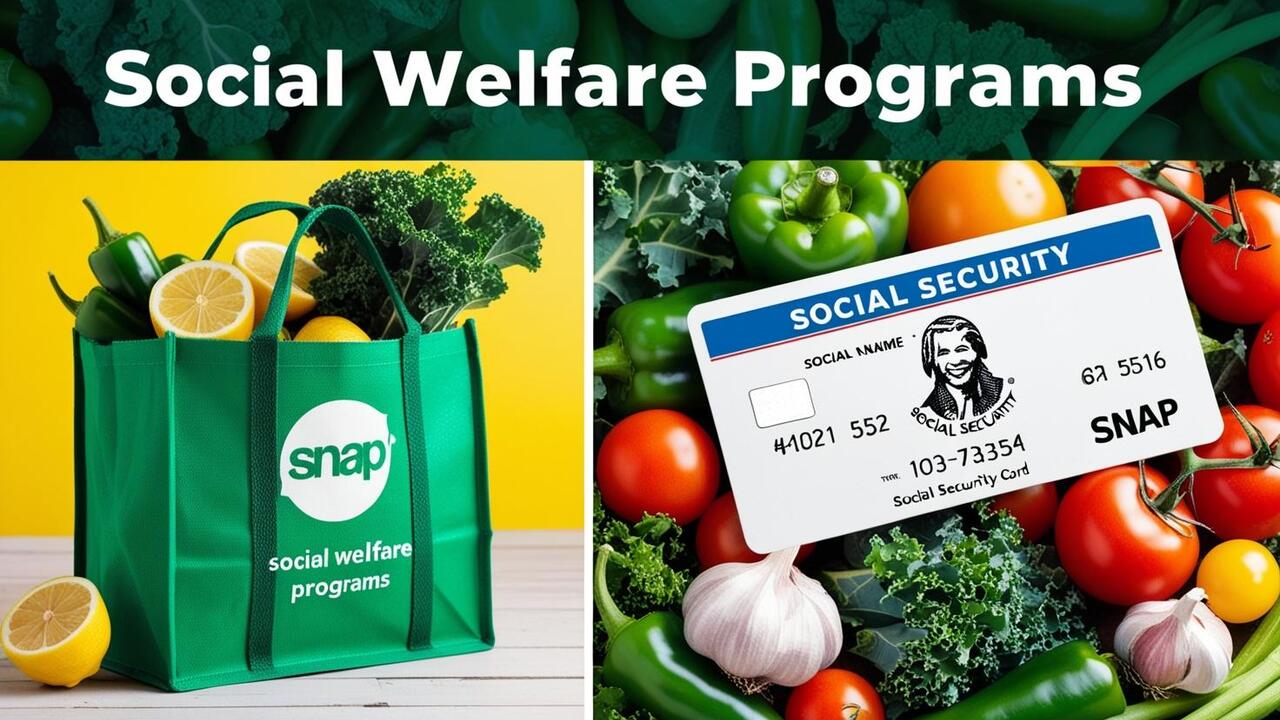The Supplemental Nutrition Assistance Program (SNAP) is a crucial resource for millions of families across the United States, particularly those who also receive benefits like Social Security or Supplemental Security Income (SSI). However, some individuals worry that receiving food assistance might reduce their monthly income or impact other programs they depend on. This is a common concern, but it’s important to understand that these benefits can coexist without harm if certain conditions are met.
The United States Department of Agriculture (USDA) has established clear guidelines that allow Social Security recipients to apply for SNAP without affecting their regular payments. If you meet the necessary qualifications, you can receive both benefits without any negative consequences. It’s essential to understand the details around income eligibility, deductions, and rules to ensure that you make the most out of both programs.
Here’s how you can apply for SNAP effectively and safely, while ensuring your Social Security benefits remain unchanged. It’s also useful to understand whether SSI recipients can qualify for SNAP and what key factors to consider in maximizing both programs.
How to Apply for SNAP Without Affecting Social Security Benefits
To apply for SNAP while keeping your Social Security benefits intact, it’s important to understand how your income is calculated for each program. The USDA allows seniors, individuals with disabilities, and low-income households to receive SNAP benefits without impacting Social Security payments, as long as they meet the specific criteria. The key to success is knowing how income is assessed and how certain deductions can work in your favor.
SNAP calculates your eligibility based on your net income, which is determined after applying deductions for various expenses such as medical and housing costs. This can be especially beneficial for seniors receiving Social Security, as their adjusted income may fall within the program’s eligibility limits. For example, if you have high medical or rent expenses, you might qualify for a higher SNAP benefit without reducing your Social Security check.
Another important consideration is that Social Security does not count SNAP benefits as income, so receiving food assistance won’t impact the amount of your monthly Social Security payment. To ensure you are receiving the maximum benefits available to you, make sure to submit all the required documentation when applying for SNAP and keep your records updated.
It’s worth noting that each case is unique, so both the USDA and the Social Security Administration will assess your specific situation to determine your eligibility for benefits.



